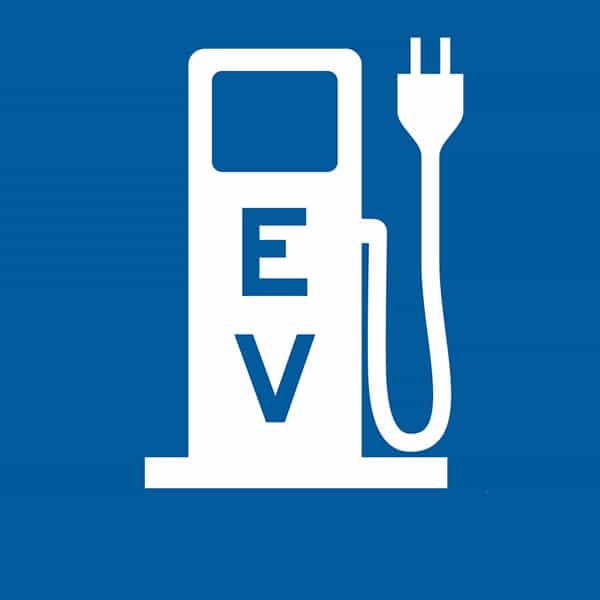 There have been two reports recently on electric cars. Bosch reports more consumers are interested in electric vehicles. A separate report from Navigant Research predicts there will be 65 million vehicles with some form of electric power on the road in 2025.
There have been two reports recently on electric cars. Bosch reports more consumers are interested in electric vehicles. A separate report from Navigant Research predicts there will be 65 million vehicles with some form of electric power on the road in 2025.
If you like electric cars, please vote for your favorite for the Tech Cars Award for the best electric car.
There is a growing acceptance and desire for full-electric vehicles, but high expectations for the technology the auto industry must address. Bosch released a research study based on a survey conducted among 1,000 U.S. based new car buyers, aged 18 and older, who purchased/leased at least one vehicle within the last five model years, and intend to purchase/lease a new vehicle again.
According to the study, new car buyers show an increasing willingness to adopt full-electric vehicles in the near future. Specifically,
- 62 percent of new car buyers believe they will own at least one full-electric vehicle in their household within 10 years or less
- Of those who anticipate having a full-electric vehicle in their household at any point in their lifetime, 71 percent believe all of their household vehicles will be full-electric vehicles within 15 years
Further, 62 percent of new car buyers would be interested in purchasing a full-electric vehicle at an additional cost of $10,000 (after tax credits) over the same vehicle with a gasoline engine.
While new car buyers are open to the idea of owning a full-electric vehicle, there are considerably high expectations that the auto industry must address. As the research showed, existing new car buyers’ perceptions do not match the current production of and options for full-electric vehicles as well as capabilities of today, particularly in terms of range and time to recharge.
- New car buyers think today’s full-electric vehicles travel approximately 300 miles on a single charge, while today’s full-electric vehicles travel less than 200 miles on a single charge.
- New car buyers want full-electric vehicles to travel approximately 400 miles on a single charge, while Today’s full-electric vehicles travel less than 200 miles on a single charge
- New car buyers expect it takes eight hours to fully charge an electric vehicle from a standard household outlet, however in reality, it takes eight-22 hours to fully charge an electric vehicle from a standard 110-volt household outlet
The survey further revealed new car buyers’ top purchase criteria for full-electric vehicles, which consisted of in order, reliability, distance between re-charging stops, time required to re-charge, new car purchase price and cost of repair/maintenance.These top five criteria were followed closely by costs to re-fuel and insure.
Despite the growing acceptance of full-electric vehicles among new car buyers, a significant subset of respondents, 32 percent, indicated they are not interested in purchasing or leasing a full-electric vehicle within the next 15 years, signaling a preference toward other powertrain options.
Report Says EVS Will Be Cheaper Better and Competitive
In a separarte new report from Navigant Research provides forecasts, market sizing, and market share analysis for the overall light duty vehicle (LDV) market and for light duty hybrid electric vehicles (HEVs), plug-in hybrid EVs (PHEVs), and battery EVs (BEVs).
The market for LDVs is poised for change due to advances in battery energy density and cost, as well as coming innovations in connected and autonomous vehicle systems. Around 2025, fundamental technology and industry trends are expected to enable BEVs to be cost competitive against conventional vehicles without subsides, underlining the likelihood that LDVs will eventually be electric rather than any other alternative. By 2025, more than 68 million light duty HEVs, PHEVs, and BEVs are expected to be in use globally, with over half being plug-in vehicles.
According to the report, long-range BEVs appear positioned for success as prices become competitive with economy brands after subsidies. This marks a milestone that could move BEVs from niche to mainstream, especially as the over 400,000 preorders of Tesla’s Model 3 indicate that the affordable 200-plus mile BEV could have a big impact on the vehicle market.